In A VUCA world, Personal Breakthrough is Instrumental to Organizational Thrivability
How to ensure organizational thrivability in a fast changing world
There is a lot of emphasis on skills development training, especially during the pandemic affected economy, that is highly volatile, uncertain, complex and ambiguous (VUCA).
These days, we aren’t short of industry related trainings, targeted on specific skills development such as tech upskilling in the market.
Ultimately, it is people that deliver results in any organizations and businesses.

Even with these resources or solutions available to us, competent & experienced leaders and executives still find themselves in a common bottleneck. That is, getting sustainable results & improving performance through people, that are relevant in fast changing conditions.
The 2020 Gartner Shifting Skills Survey for HR Executives reveals that 60% of HR leaders report pressure from the CEO to ensure employees have the skills needed in the future.
"Skills development must be relevant, fast and effective. That requires HR to ensure employees not only learn the right new skills — for their personal development and the benefit of the organization — but also apply those skills."
Sari Wilde, Managing Vice President, Gartner
So how can you respond dynamically to changing skills needs, where your people can apply them to make significant progress valuable and relevant in this VUCA world?
Personal development for everyone

In a survey from Instructure and The Harris Poll, it is found that a lack of career GROWTH is one of the biggest reasons workers leave their jobs, second only to low pay. 77% of employees feel they’re ‘on their own’ to develop their careers at the company.
In this new economy, the workforce has options and younger employees are prone to change. People want to work for companies that invest in their career and personal growth.
An engaged & fulfilled workforce is also the best advertisement for any organization. Thus, investing in your people’s development and enhancing the employee experience promotes the reputation of the organization.
According to his latest book Dr. Robert Kegan (2016) on organizational development from a personal development perspective, he discovered that a new and small group of world-class companies are dedicated to “personal development for all” in the organization.
Traditional approach of organizations | New approach adopted by forward moving organizations |
|---|---|
Rely on external resources to grow the organization, resulting in silos, lack of engagements and disconnected organization | See organizations as a bigger ecosystem comprising an individual’s personal development that drives organizational performance |
- External trainings, | “Personal development for everyone” is deeply integrated and aligned with organization’s practices, principles and community, including talent management and leadership development |
From these various angles, it would mean that investing in your people’s development is the key to ensure organization’s ability to thrive (THRIVABILITY) in a fast-changing landscape.
From an NLP perspective, individual and organizational development shares similar change levels and processing: environmental opportunities and constraints; behavioral range and indicators (aka KPI); core competencies (aka capabilities); upholding values; clarity of mission and vision. In a VUCA world, the question is no longer just about “what new knowledge and skills I need to learn,” it’s more about “WHO do we need to become,” what mindset we need to uphold, and consequently what priorities we need to do more of—in order to thrive in a new world.
"Applying NLP has helped to heighten my self-awareness and allowed me to proactively manage my state through anchoring and visualising my optimal performance to deliver best results. It opens my mind to consider multiple perspectives when developing solutions to resolve business challenges; this brings out creative solutioning to drive a win-win outcome. I am also able to utilise the frameworks gained from the training to understand key motivations of people I work with, build rapport and collaborate effectively in the work environment."
- tan yee sin | Head of hr
Defining personal growth in your people that generates a better result at work

First, we need to define the criteria, system and methodology in raising people’s development in the organization that are relevant and impactful to the organization’s outcomes.
With the current COVID-19 context, companies are constraining their resources - people, finances, shifting timeline, uncertainty in transactional policies and so forth, but still need to deliver and perform, if not, more than before. These conditions demand more out of our human capacity; beyond our education and professionally-based competencies.
To ENABLE people to generate a better engagement, performance and hence results, we need a multi-intelligence process to develop leaders, managers and executives to raise their mental, emotional, physiological and spiritual capacities to deliver.
The Competency Building Framework defines 7 multi-intelligence competencies that are observable behaviours any companies can measure the progress of any employees and leaders. They underpin any forms of work competencies that can affect and improve one's professional performance.
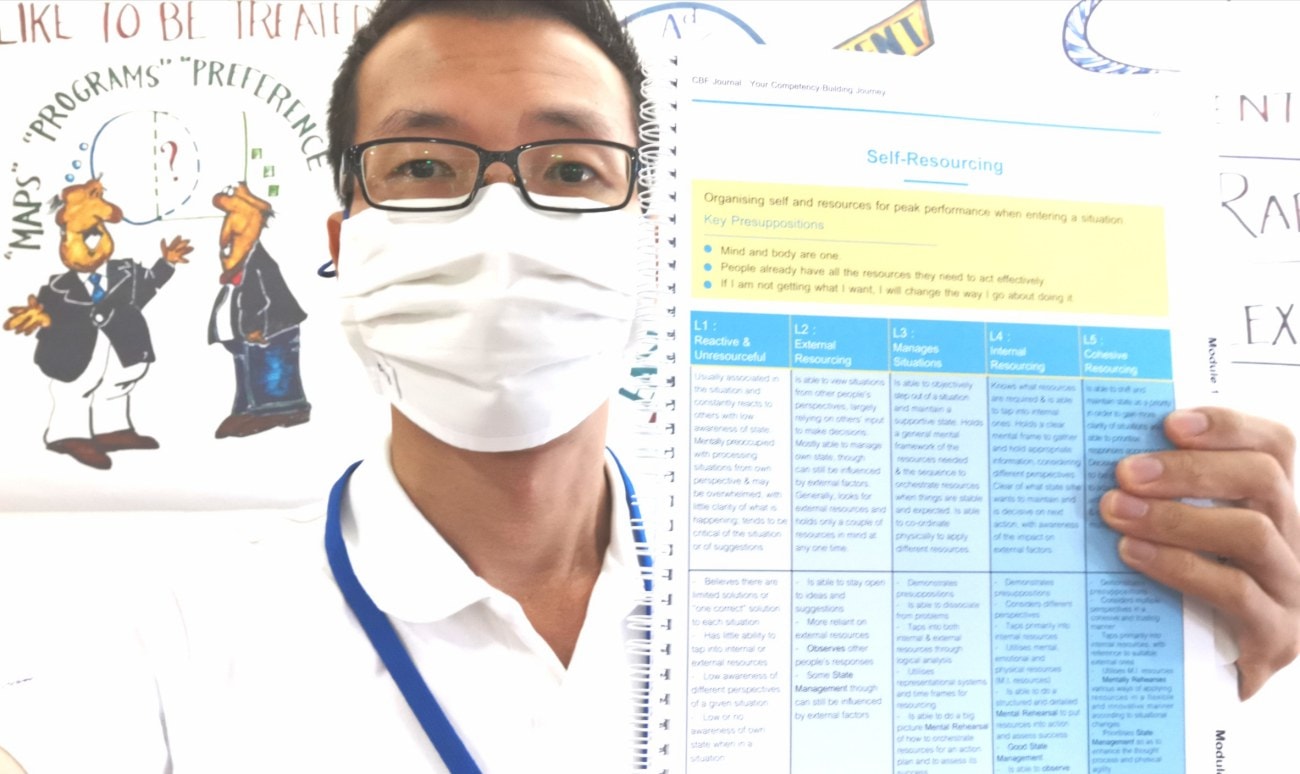
These CORE competencies are tested and refined through real life applications over 20 years of working with industry leaders, class observations, coaching corporate & professional clients and reference to different prominent NLP and Coaching bodies, including Robert Dilts, ICI, ICF.
Using this approach is much more cost effective than an A.I or gamified system where usually a large number of sample sizes is required to fully benefit from the system.
So how does the 7 core competencies enable organizations to adapt and thrive in our current VUCA world?

State Management – the capacity to regulate oneself for your people and leaders to demonstrate high emotional and social intelligence. It enables your people to navigate dynamic and difficult situations with flow, mastery and effectiveness, increasing organization branding and reputation in the industry
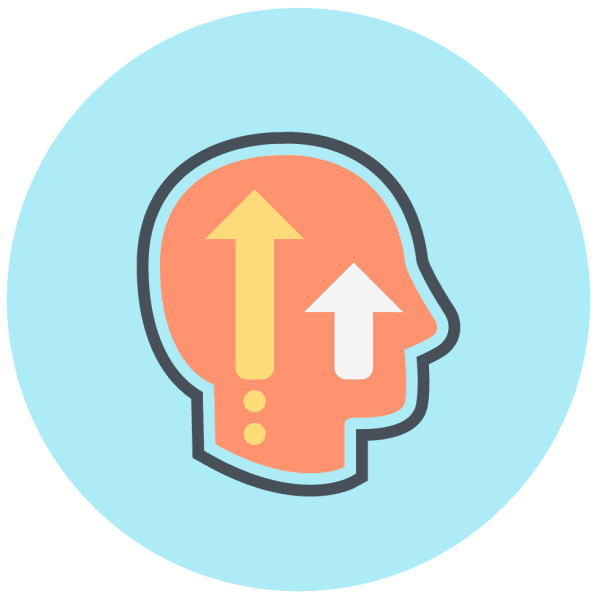
Mental Rehearsal – the capacity to formulate a high level of multi-dimensional solutions and strategies. It enables your people to best serve, add value and help transform the current challenges in this VUCA business landscape when under the constraints of resources and even without a full set of data to rely upon.
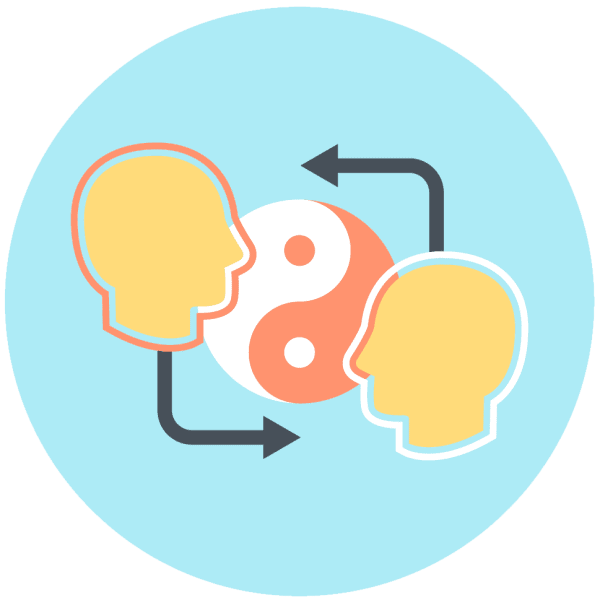
Rapport Building – In a VUCA environment, people are becoming highly vulnerable. This ability enables your people to expand their capacity to persuade, influence and connect with people of diversity and cross-cultural experiences with sensitivity, trust, empowerment and synergy.

Giving Feedback – The ability for your people to facilitate vital information and data points exchanges determines whether the workplace is healthy or toxic. This alone can impact the effectiveness of other soft skills and ultimately how fulfilled, motivated and aligned are your people to accomplish organizational outcomes.

Observation & Testing – In a VUCA landscape, there are too many variables and factors that could affect the success & sustainability of your work systems and performances. Raising this ability enables your people to validate & refine their psychological & communication models to grow with the global trends and patterns in the markets.

Self-Resourcing – By expanding one’s inner resourcefulness, your people are then able to perform at their best and to express their fullest potential while navigating the VUCA terrain. Leaders who are excellent in this domain demonstrate a high level of psychological maturity, versatility and substance to empower people forward that uplifts the organization's performance.

Questioning – Without this capability, your people will remain in their status quo, while other of your competitors will be catching up or moving forward way ahead of you. It works in synergy with the other core competencies like rapport building, giving feedback and mental rehearsal.
Setting up the vital conditions in the workplace

A lot of times, when employees, leaders and managers return from their training programs, they have difficulty implementing those capabilities or skills they have gained. Their existing workplace culture does not support them in implementing those new knowledge and skills
So then, what can you do to work hand-in-hand with the training providers to integrate the learning from classes to real life work scenarios?
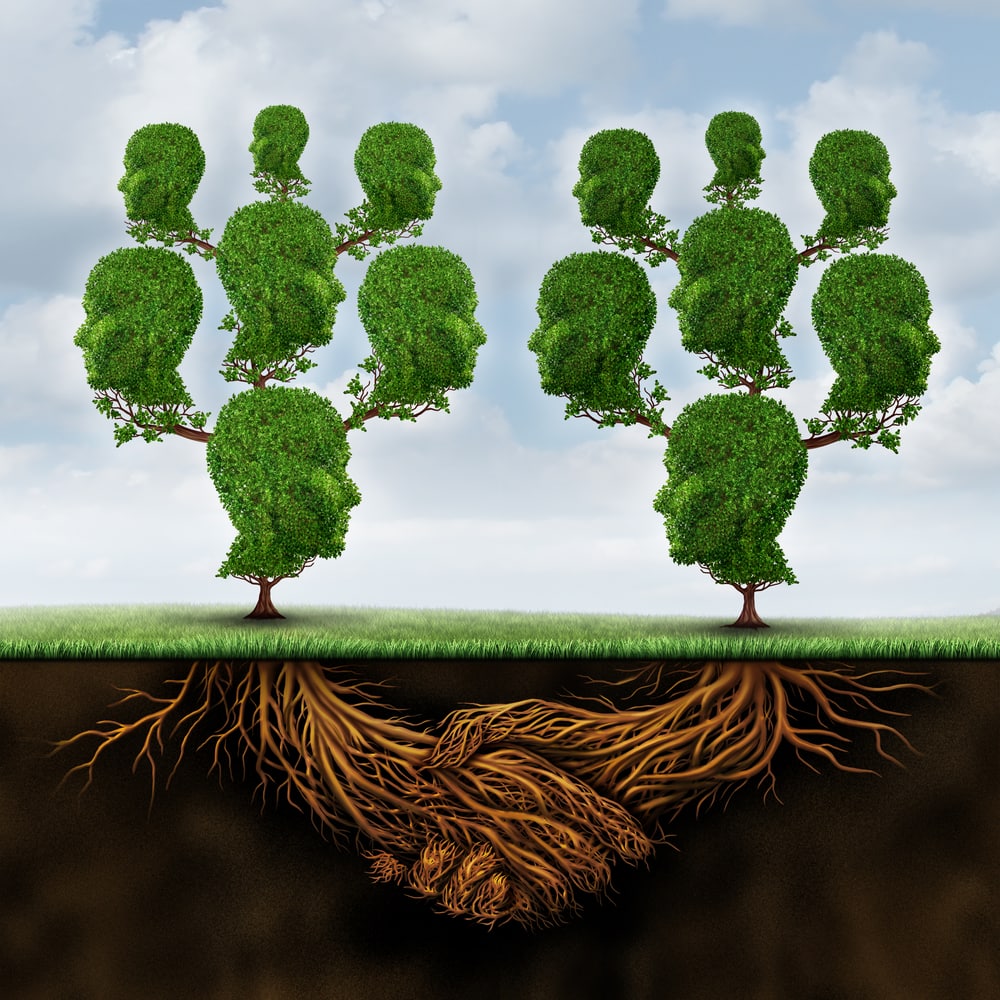
Using the above Competency Building Framework, leaders and employees have a common metric system to identify the learning needs, follow up and apply in their work to raise their performance and effectiveness. This helps to promote greater accountability to the notion of ROI from the organizations’ perspective.
The Competency Building Framework though structured, is also versatile for customisation to adapt and enhance organization's core competencies in various aspects such as hiring, appraisals, project management and so on. It then ensures the continued development of your people as it adapts through changes.
To raise accountability & effectiveness, we provide one-on-one coaching services using the Competency Building Framework to help leaders and employees apply & adapt what they have learnt to produce organizational results.
Invest in your people’s personal development to increase organizational ‘thrivability’
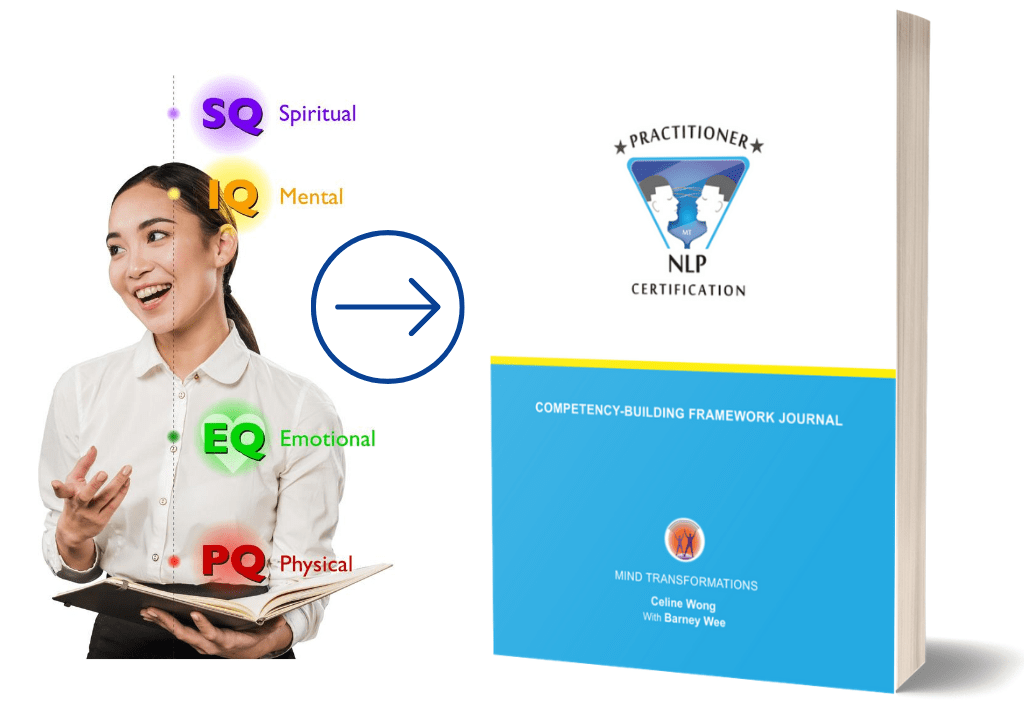
"Becoming a world-class organization is less about successful recruitment and more about dedication to 'personal development for everyone' in the organization."
Robert Kegan, author of "In over our heads" "Immunity to Change" and "Deliberately Developmental Organizations."
If you are a human resource, management or leadership role, by now, one thing is evident - your people are the ones who are going to contribute to organization’s success regardless of the new technologies, and trends that are going to come in the near future.
When your people continue to grow and express their highest potential, they will help you to build your portfolio and reputation in your industry. But first, how can you play a vital role in helping your people GROW?
